News
Research software now easy to cite on GitHub
Researchers can now easily cite the software they use with GitHub’s new built-in citation support, giving proper credit and recognition to those who develop research software.
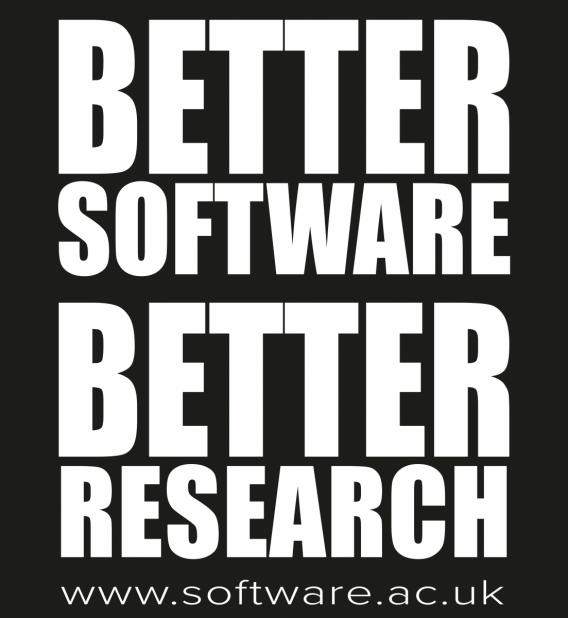
From HPC-Europa3 to Huawei Programming Languages Research Laboratory
Marcos Maroñas was an HPC-Europa3 visitor in 2019, when he was a PhD student at Barcelona Supercomputing Center (BSC).

A 20th anniversary reunion at EPCC
From 1987 until 2001 EPCC ran a Summer Scholarship Programme (SSP), which provided funding for undergraduate students from all over the world to come to EPCC for a ten-week period.
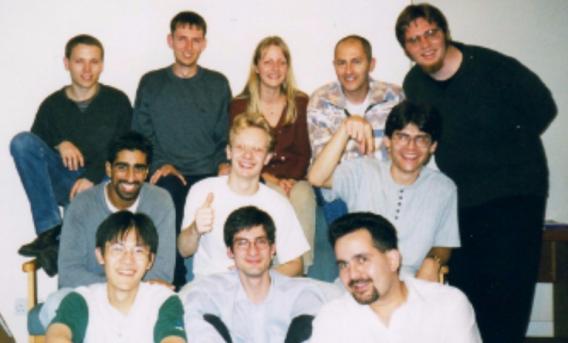
Collaboration brings direct benefits to healthcare company
A collaboration between EPCC and Intel has led to significant improvement in the performance of a software algorithm used in a medical product being developed by Optos, a leading pro

HPC-Europa3 visit: Investigating the opto-electronic properties of small nanoalloys during a pandemic
Mirko Vanzan, a PhD student from the University of Padova, submitted an application to the HPC-Europa3 programme in February 2020, just before the world went into lockdown due to Covid-19.
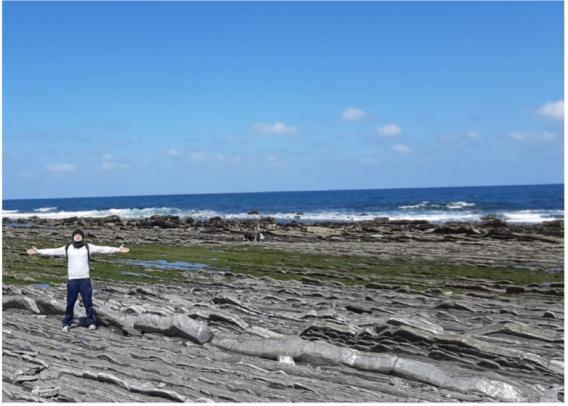
“Is it sequel (siːkwəl) or SQL (ˈɛs ˈkjuː ˈɛl)?”… and other questions you might answer when instructing your first Carpentry
The Carpentries is a community of instructors and learners promoting the importance of good software and data practices in research.
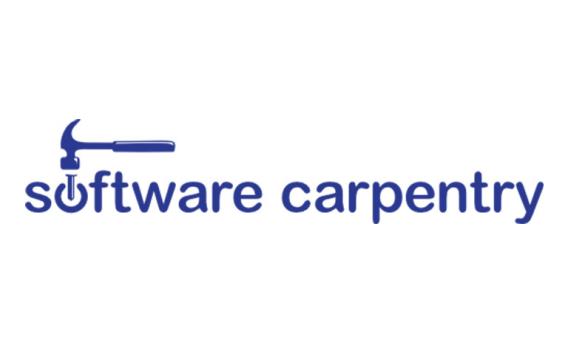
FPGAs for HPC, but this time it’s different
For over a decade our community has enjoyed significant performance benefits by leveraging heterogeneous supercomputers.
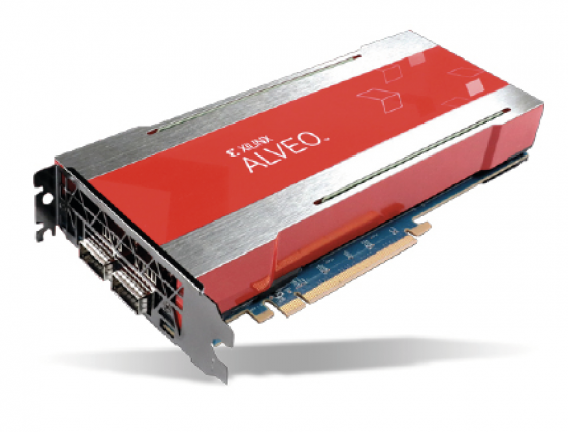
PRACE Summer of HPC 2021
EPCC is once again participating in the PRACE Summer of HPC (SoHPC) 2021 but, because of the Covid-19 pandemic and the subsequent curtailment in travel, things are being run slightly different

Administrative Data Research (ADR)
ADR Scotland (Administrative Data Research Scotland) is a partnership combining specialists in the Scottish Government’s Data Sharing and Linkage Unit with the expertise of academic researchers at

Developing an outbreak analysis platform
EPCC is working with ISARIC4C, the Coronavirus Clinical Characterisation Consortium, to develop an integrated analysis platform that will be hosted in part on the Edinburgh International Data Facil

